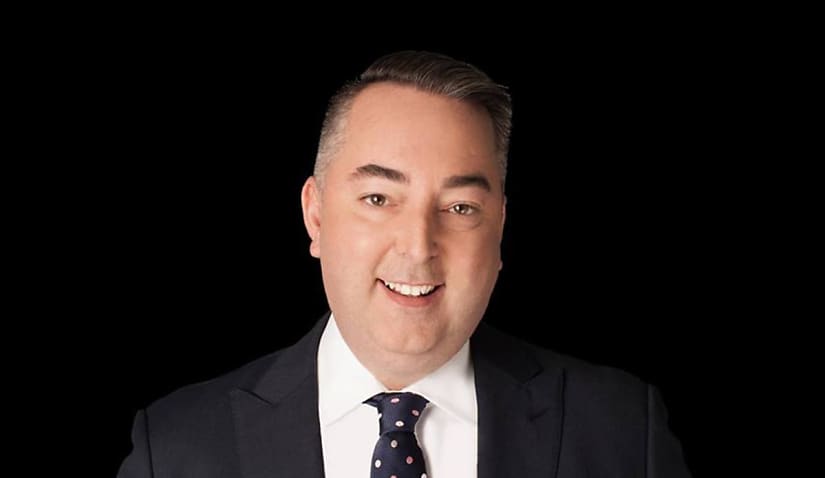With the Australian government now including YouTube in its new social media ban for users under 16, one principal has warned of the wide-reaching implications the legislation may have for all involved.

In a move to strengthen protections for young Australians, the Albanese Labor government has this week announced that YouTube will be included in its world-first minimum age laws for social media use.
From 10 December 2025, platforms defined as “age-restricted social media” will be legally required to prevent children under the age of 16 from creating accounts, or risk fines of up to $49.5 million.
YouTube joins the ranks of other major platforms – including Instagram, Facebook, Snapchat, TikTok, and X – under the incoming Online Safety (Age-Restricted Social Media Platforms) Rules 2025.
The Australian government stated that the new laws will grant children “three more years to build real-world connections and online resilience” without the pressures and risks associated with social media.
Prime Minister Anthony Albanese has criticised tech companies for contributing to social harm, calling for greater accountability over the impact their platforms are having on children.
“Social media has a social responsibility, and there is no doubt that Australian kids are being negatively impacted by online platforms, so I’m calling time on it,” Albanese said.
“Social media is doing social harm to our children, and I want Australian parents to know that we have their backs.”
Communications Minister Anika Wells echoed the Prime Minister’s concerns, describing the new rules as a vital step in protecting children under 16 online.
“We want kids to know who they are before platforms assume who they are,” Wells said.
“There is no one perfect solution when it comes to keeping young Australians safer online – but the social media minimum age will make a significantly positive difference to their wellbeing. The rules are not a set and forget, they are a set and support.”
But not everyone is convinced.
Michael Tiyce, principal at Tiyce & Lawyers Family Law Specialists, has raised serious legal and practical concerns about the scope and enforceability of the government’s proposed changes.
“There are serious issues with respect to the government’s proposals to limit access to social media to children aged 16 and under,” Tiyce said.
“The legislation proposed places significant power in the hands of an unelected bureaucrat, rather than the relevant minister, creating difficult distinctions such as what is considered a ‘reasonable step’ by the e-Safety commissioner.”
Tiyce also raised concerns about the lack of consultation with parents regarding changes to children’s social media access, arguing that families are being left out of critical conversations.
“Parents shouldn’t be excluded from the process of parenting their own child, for example, should a parent of a child with a disability not be able to consent to that child having access to a social platform that might provide an outlet for socialisation and learning?” Tiyce said.
“The practical and, to me, glaring issue is that the proposed legislation is to ensure that children under 16 cannot have accounts on social media.”
While the proposed social media ban is intended to protect young Australians from the potential harms of online platforms, Tiyce has questioned how effective such restrictions will be in practice.
“As it currently stands, what is to stop social media companies [from] permitting open access without accounts as a means of bypassing what some see as draconian government overreach? Obviously, there are potential harms to children on the internet, but surely, dealing with the instigator of those harms is the way to go, as is relying on parents to do their job,” Tiyce said.